Giselle Antoine
Business
Dissertation: “Organizational Cultures of Guilt and Shame”
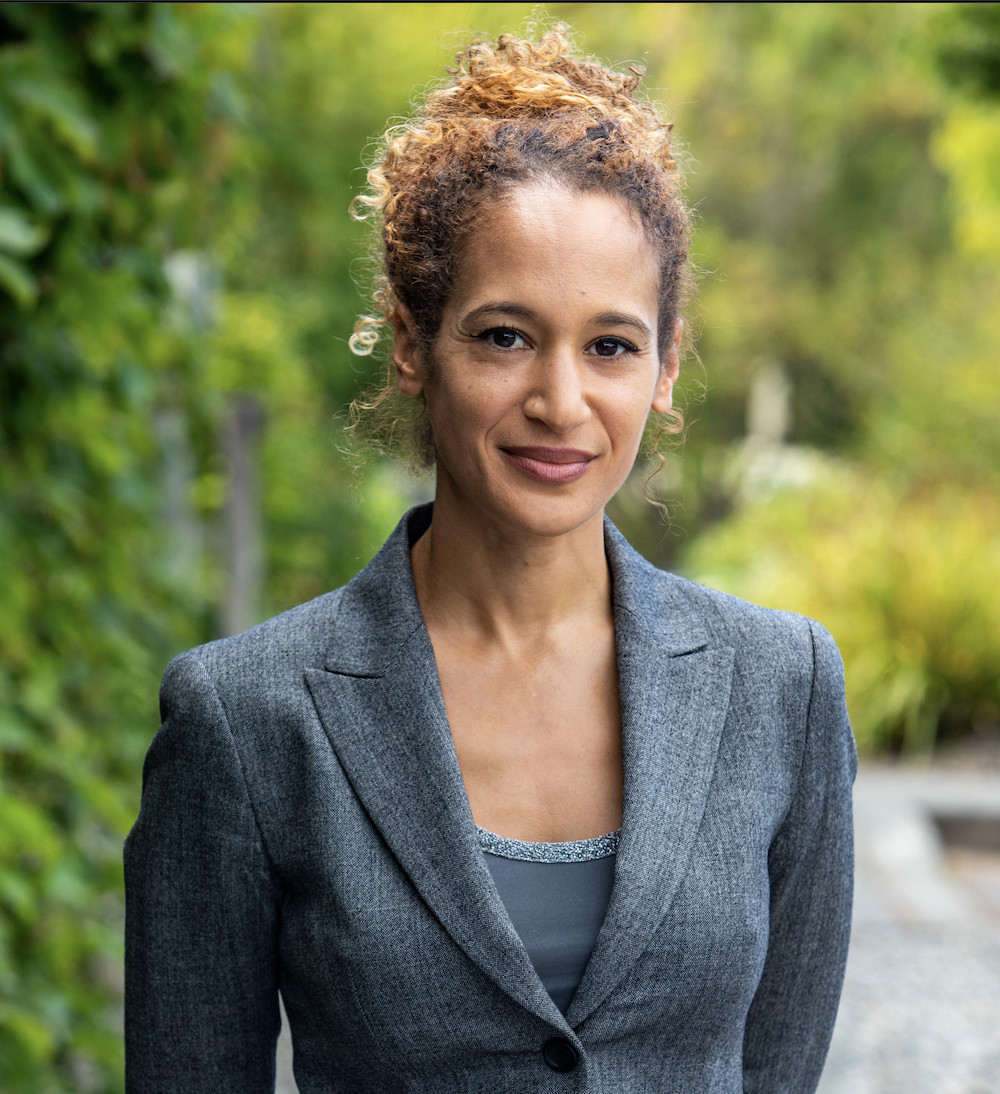
Giselle Antoine is a Ph.D. candidate in Management & Organization at the Foster School of Business. Her research examines the intersection of societal level culture (values, norms) and moral emotions (shame, guilt) with particular focus on rule-breaking and deviance in organizations. Principally, her research explores the cultural forces that shape beliefs about what is considered right and wrong behavior, how people respond to wrongdoings emotionally, and how emotional cultures influence beliefs about appropriate responses to wrongdoing.
In her dissertation, Giselle develops theory for how guilt and shame cultures complimentarily manifest and influence behavior in organizations. Building on this theory, she has created a scale to measure guilt and shame cultures in organizations. The final paper of her dissertation takes a close look at the impact of witnessing shaming as a social binding and moralizing mechanism of social control. Her dissertation committee includes Michael Johnson & Crystal Farh (Co-Chairs), Xiao-Ping Chen and Jerald Herting (GSR).
Renee Lynch
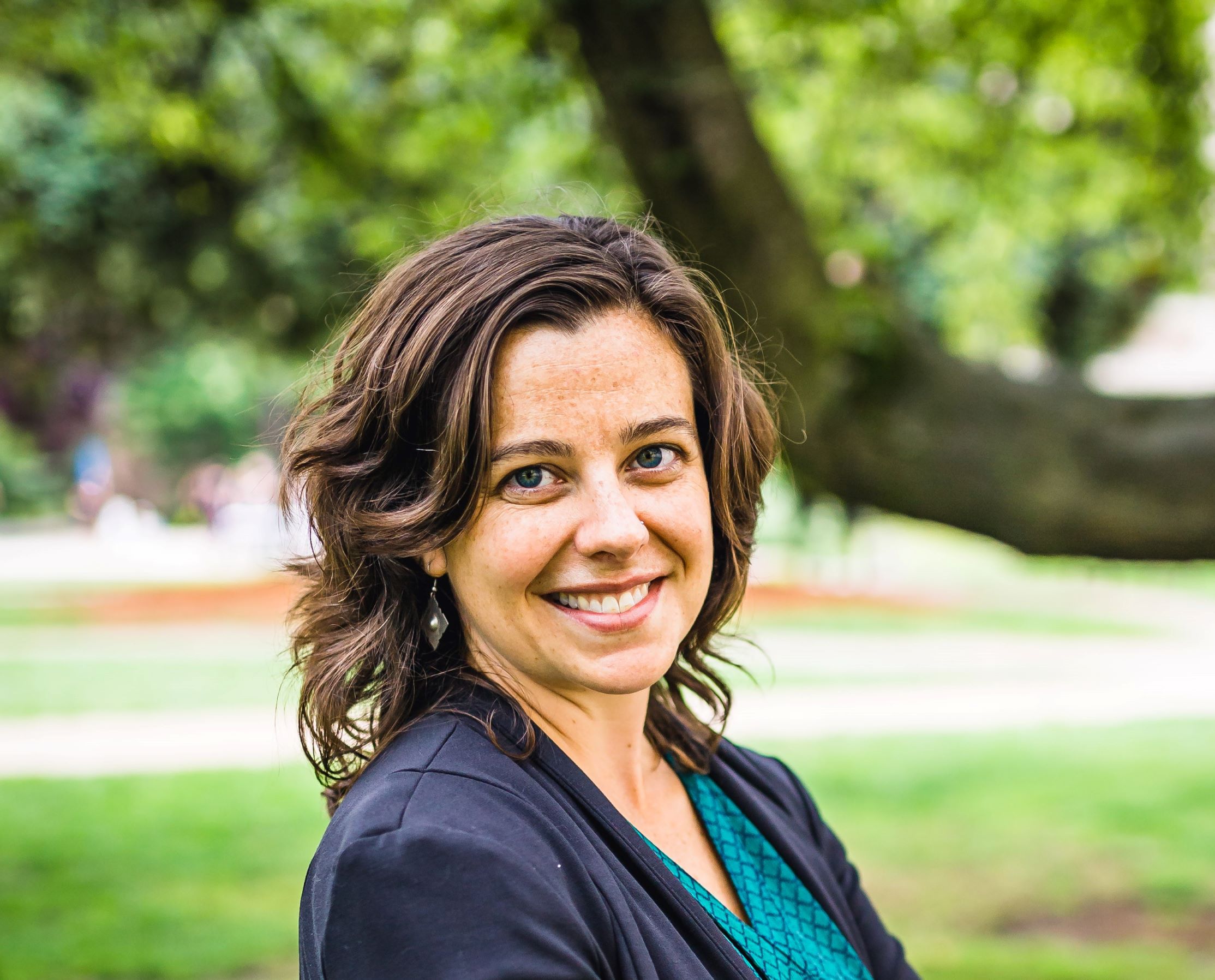
English
Dissertation: “Decolonizing Collaboration in English Language Teaching: Teacher Identity and Tanzania”
Renee Lynch is a PhD candidate in the English Department whose dissertation examines how English teachers negotiate identity during collaboration and make sense of these identities in the context of larger discourses around English language, race, colonialism and development.
Arthur Obst
Philosophy
Dissertation: Wilderness for Wildness: Saving the Wild in a Post-Natural World
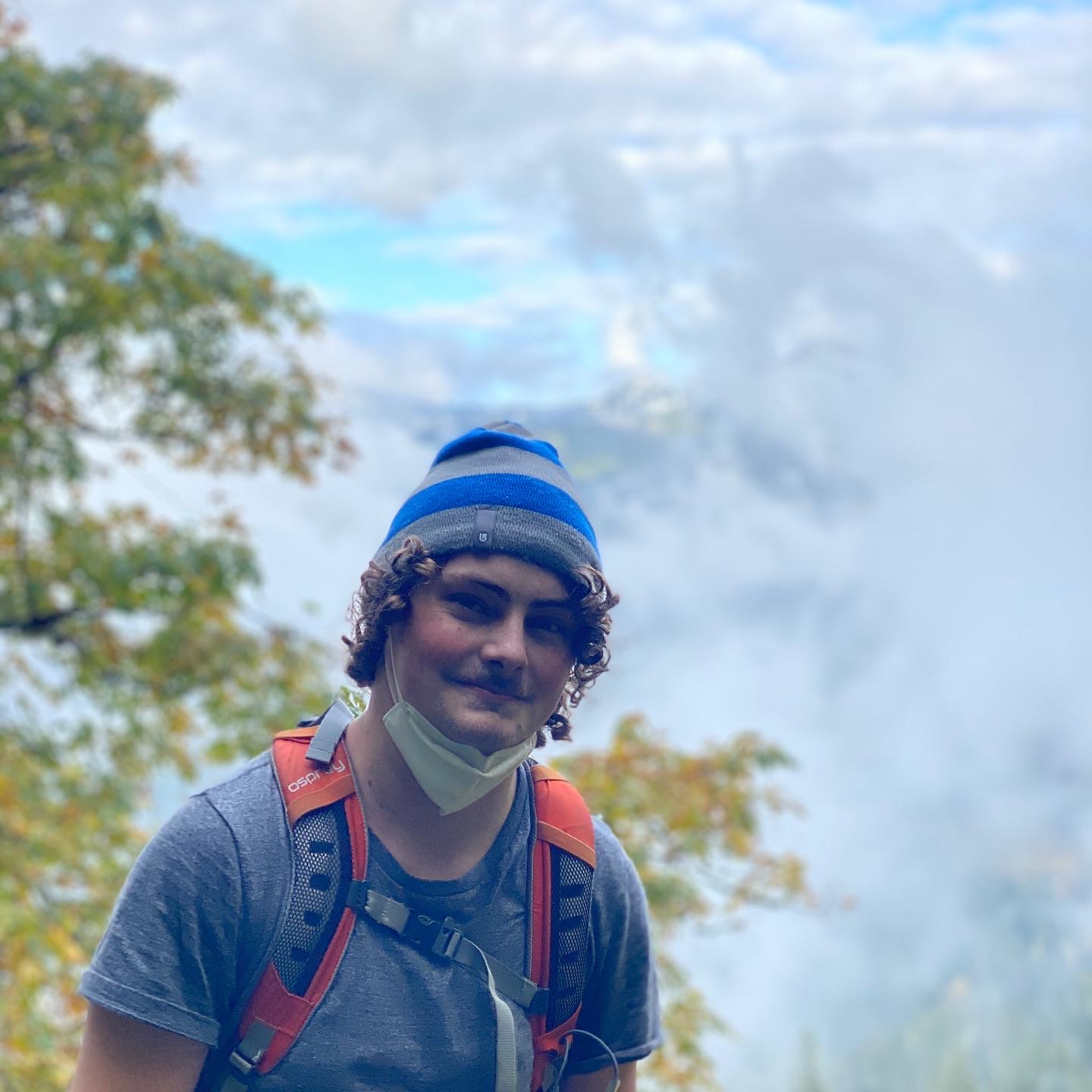
Arthur Obst is a PhD candidate in the Department of Philosophy, specializing in environmental philosophy and climate ethics. In his dissertation, supervised by Stephen Gardiner, Arthur focuses on the ethics of wilderness preservation in the Anthropocene. Humanity stands at a socioecological crossroads. We are at the brink of a planetary crisis of our own making. Carbon emissions threaten a level of climate instability not seen in this epoch. Accelerating species loss invites the possibility of a “sixth great extinction.” Scientists warn that entire ecosystems are unraveling. In this world we made, a growing chorus of new environmentalists argue we have a moral duty to make it right (Marris, 2011; Ellis, et al., 2011). To do so, some urge human intervention: turning back the sun through solar geoengineering (Keith, 2013), resurrecting species to advance a wildlife conservation (Shapiro, 2015), and managing ecosystems benevolently (Hobbs, et al., 2011). These approaches would leave wilderness preservation. behind as a relic of an irretrievable past. Arthur’s dissertation resists this call by defending the moral value of “letting be”: of protecting the existence of wild systems we do not attempt to control. He calls this alternative picture a wildness ethic. In the dissertation, he demonstrates how this ethic captures an important aspect of the writings of America’s most influential environmentalists—in particular, Henry David Thoreau—and then constructs a novel philosophical defense of a wildness ethic. His work investigates ethical and practical questions at the nexus of philosophy, history, psychology, evolutionary biology, and ecology. He provides a moral case for protecting and respecting the freedom of the wild. In the present social context, that may be a radical plea. Yet, if humanity enters a new era of human control, we must do so with full knowledge of what we are doing and what might be lost.
Laura Stowell
Art History
Dissertation: Affective Encounters: Alina Szapocznikow and the Sculptural Body 1955-72
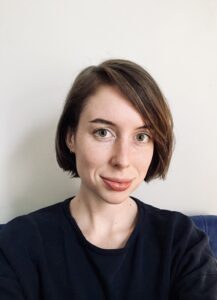
Laura Stowell is a PhD candidate in Art History at the University of Washington. Her research focuses on art from 1945-present and issues of performativity, representations of trauma and violence, and feminist approaches to the body. Her dissertation is on the experimental sculptural work of Polish artist Alina Szapocznikow (1926–1973); it situates the artist’s work in relation to representations of illness, early articulations of feminist art, and the rapidly shifting political contexts of Poland and France during the immediate post-war period. Laura has both taught art history courses and worked in curatorial roles in museums during her time at UW. After finishing her dissertation during the 2021-22 academic year, she plans to continue working in museums, with a focus on archival and collections-based research and education.
Stephanie Yingyi Wang
Gender, Women & Sexuality Studies
Dissertation: “Cruel Activism: Affect, Labor and Governance of Chinese Feminist and LGBT Rights NGOs”
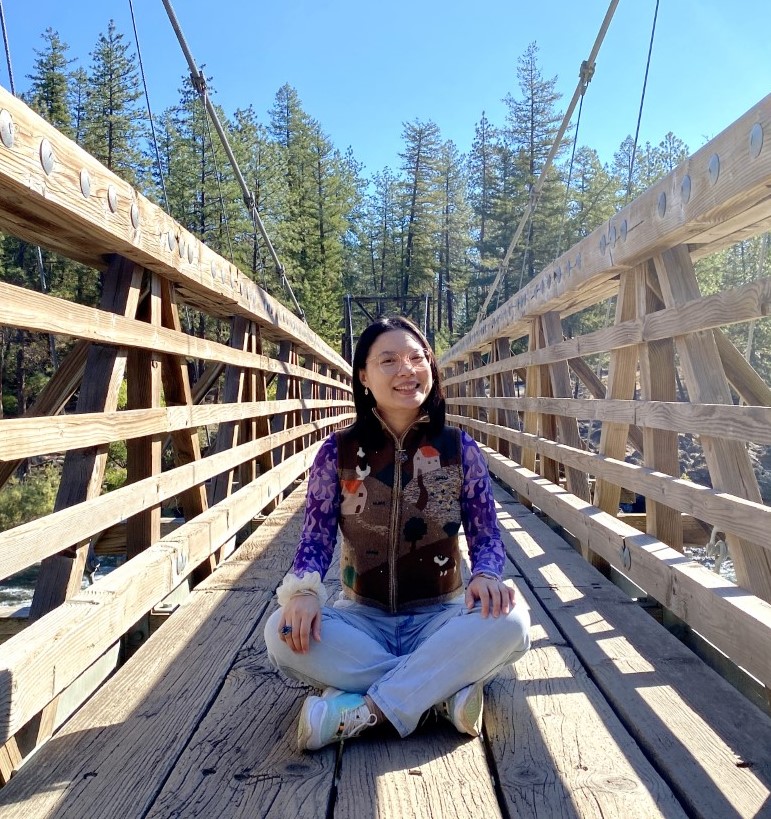
Stephanie Yingyi Wang’s activism in the feminist and queer movement in mainland China and the region of Asia has led to research interests in queer and affect studies, NGO politics, feminist political economy and social reproduction. Her doctoral research seeks to understand how projects by gender equality NGOs and LGBT rights NGOs aimed at empowering the marginalized become sites of negotiation and contestation in contemporary China. Her research critically positions NGOs and NGO workers at the conjunction of state policies, market orientations and transnational flows of capital and ideas. Situated at the intersection of the study of state-society relations, labor, and feminist social reproduction, Yingyi’s research explores the complexity of NGO work by centering the lived experiences of NGO workers, and by exploring the political, economic, and affective dimensions of precarity, and brings in an interdisciplinary perspective in understanding labor, governance and care.
Megan Ward
Jackson School of International Studies
Dissertation: “Policing Religion on the Border: National Security, Narco-Culture, and Expertise”

Megan Ward is an interdisciplinary researcher of conflict, religion, and United States policing and border security culture. She is particularly interested in how informal religious traditions are affected by policy decisions on the U.S. Mexico border and the institutional and ideological defense culture that guides those practices. Additionally, her mixed-method research on international disinformation campaigns, far-right border militias, and extremist online communities has been published in journals and by The Wilson Center’s Science and Technology Innovation Program (STIP). As part of the Jackson School’s Global Research Group (GRG), she guided teams and researches global and domestic disinformation campaigns, resulting violence, and cybersecurity policy. The recipient of the Women in Defense National Scholarship and the Joseph, Yetta Blau Award for Excellence in Research, and the Jackson School Fellowship, she currently acts as an International Policy Institute Cybersecurity fellow. Megan received her B.A. in the Study of Religion from the University of California, San Diego, then her M.S. in Homeland Security from San Diego State University. Her background in conflict studies stems from six years working in the defense industry, as well as her time spent in Bangkok, Thailand researching the intersection of human trafficking and Western tourism.
Megan Ward’s research focus is on security and extremist culture in the United States, specifically as it manifests in defense expertise, law enforcement training material, and the informal online communities that attract State agents. By using mixed-methodologies that account for the closed nature of the security community, this work makes interventions into the fields of borderland studies, security studies, and religious studies. This research specifically discusses the religious underpinnings of US police culture and “thin blue line” mentalities present across the United States’ overlapping security, defense, and policing fields.
Joss Whittaker
Anthropology
Dissertation: “Shifting Villages in Island Southeast Asia”
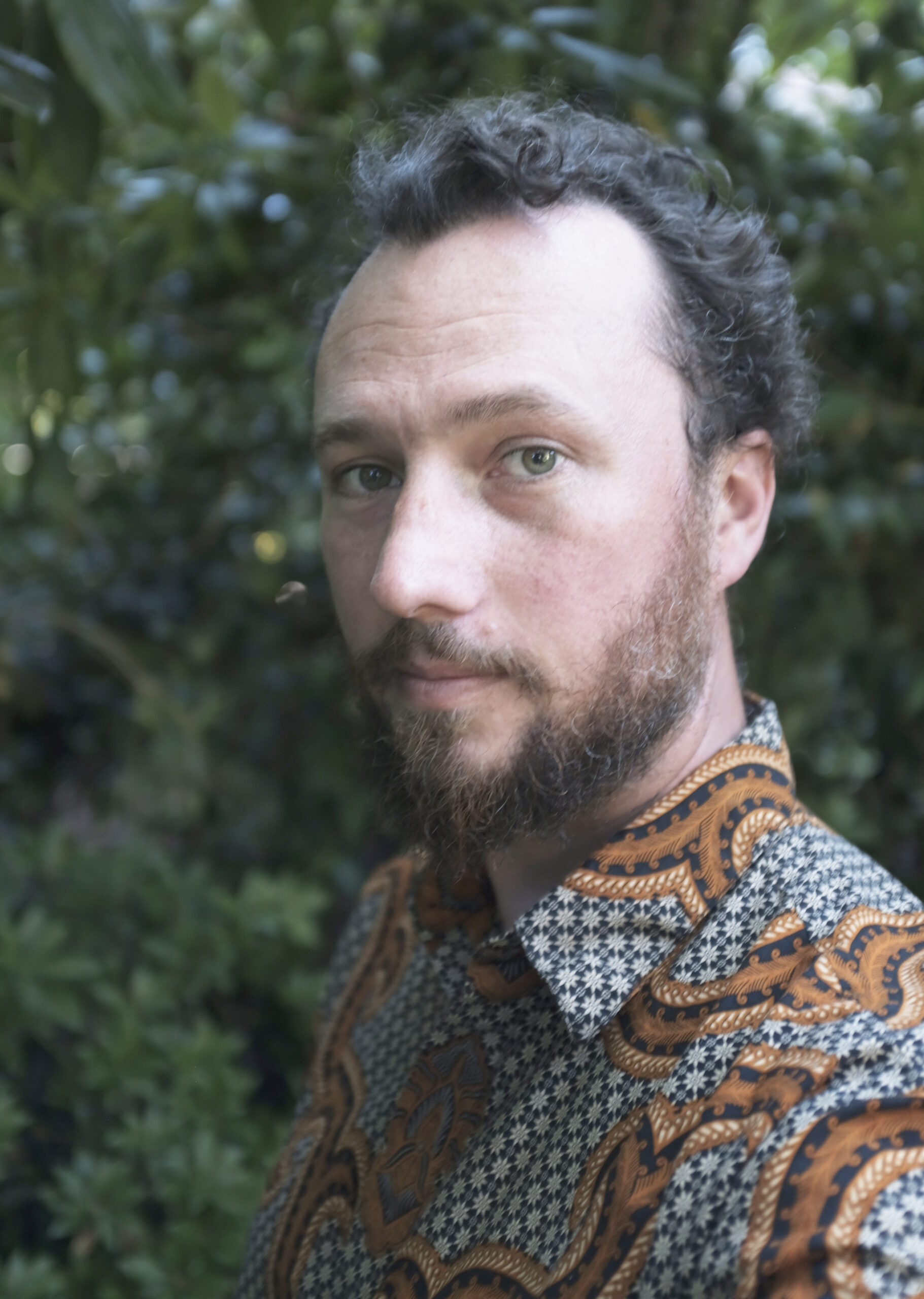
Joss Whittaker grew up in Port Townsend, Washington and spent most of his teenage years sailing across the South Pacific with his family. After studying at Peninsula College and Brown University, Joss worked on salmon habitat restoration in Jefferson and Clallam Counties, as well as at an organic farm, and on several political campaigns. However, archaeology had always been his passion, and he resumed studying it at UW. His experience traveling through the South Pacific gave him a love for remote islands and Oceanian cultures; this led him to research in the Aru Islands of eastern Indonesia, which have received little attention from archaeologists. Over six years of planning, outreach, and pilot research, Joss developed a collaborative relationship with the community of Ujir Island, which was once both a trade outpost and a source of resistance to colonialism in the seventeenth and eighteenth centuries. In his dissertation research, which culminated in a seven-month series of excavations, Joss investigates the role trade played in Ujir’s development as a political power. Ujir is still remote, and research there involved unusual logistical challenges and hazards. Nonetheless, Joss and his Indonesian colleagues excavated seven sites ranging in age from the 1940s to the 1300s.
After finishing his PhD, Joss will seek a teaching position at another university. Although of course the adventure aspect attracted him to archaeology, Joss also believes it is crucial that the next generation of leaders learn about the tremendous diversity of human culture, not just across space but across time as well: by understanding that diversity, we as a species may be able to think more creatively about solutions to the problems of the present and the future. The way we live now is not the only way, nor, perhaps, the best.